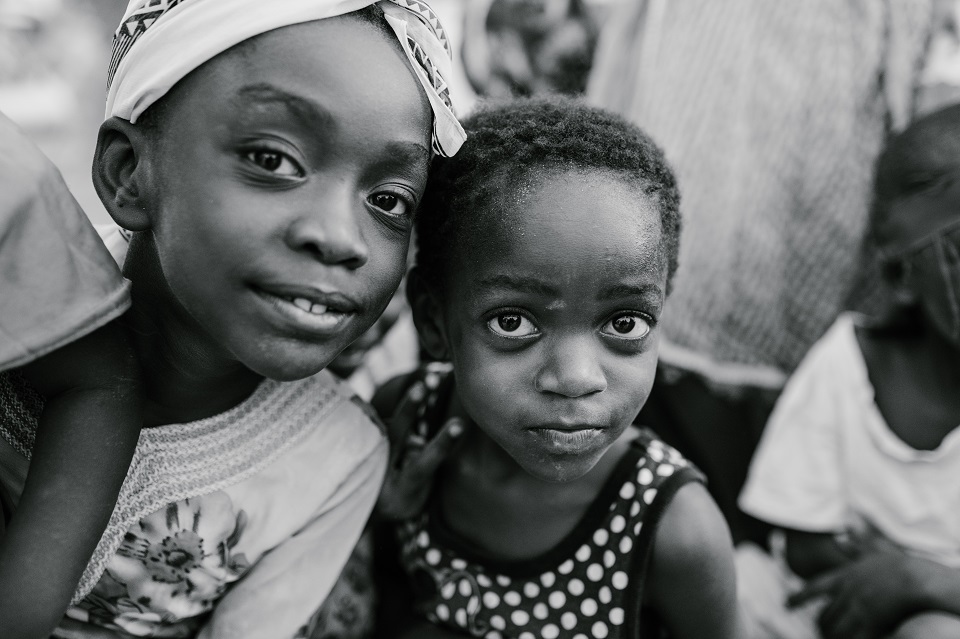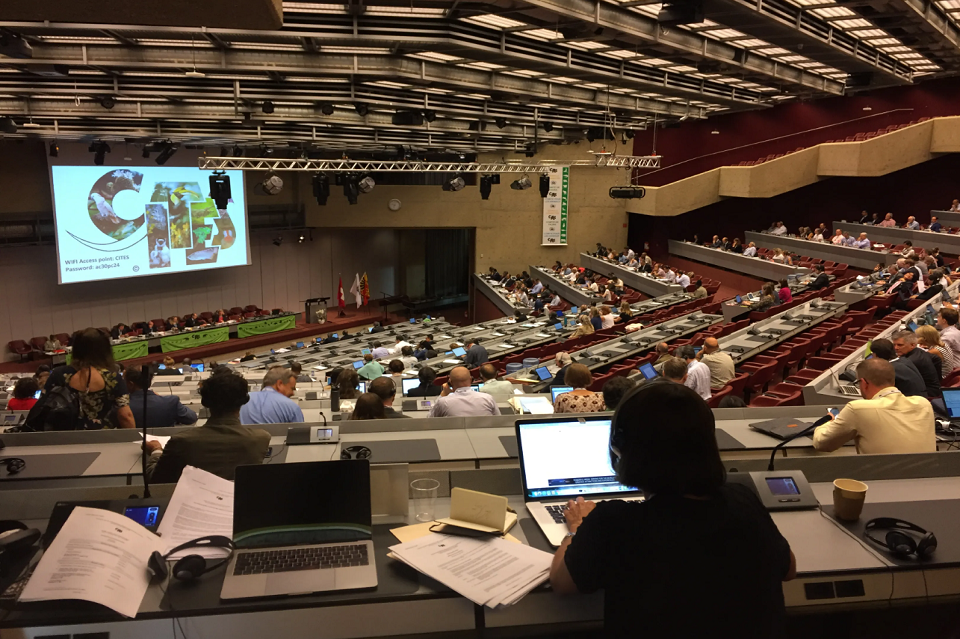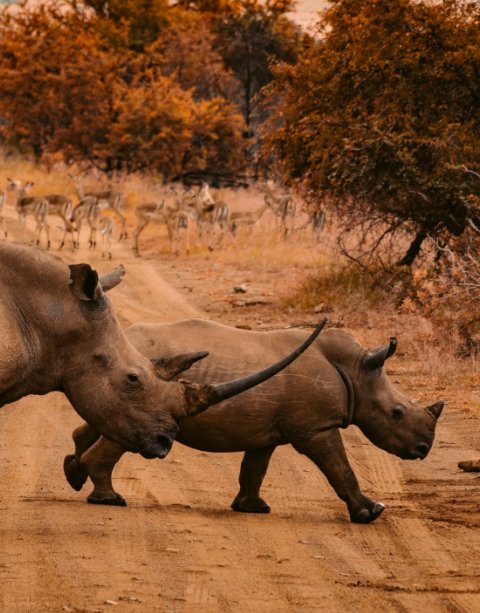Jamma International is partnering with WWF to support the development of the Siana and Oloisukut Conservancies, located on the north-eastern boundary of the Maasai Mara Reserve.
Our work ensures that the conservancy not only secures a vital wildlife corridor for the migration of elephants and wildebeest, but also acts as a catalyst for local sustainable development, and positively influences the lives of Siana residents.
Our work ensures that the conservancy not only secures a vital wildlife corridor for the migration of elephants and wildebeest, but also acts as a catalyst for local sustainable development, and positively influences the lives of Siana residents.















